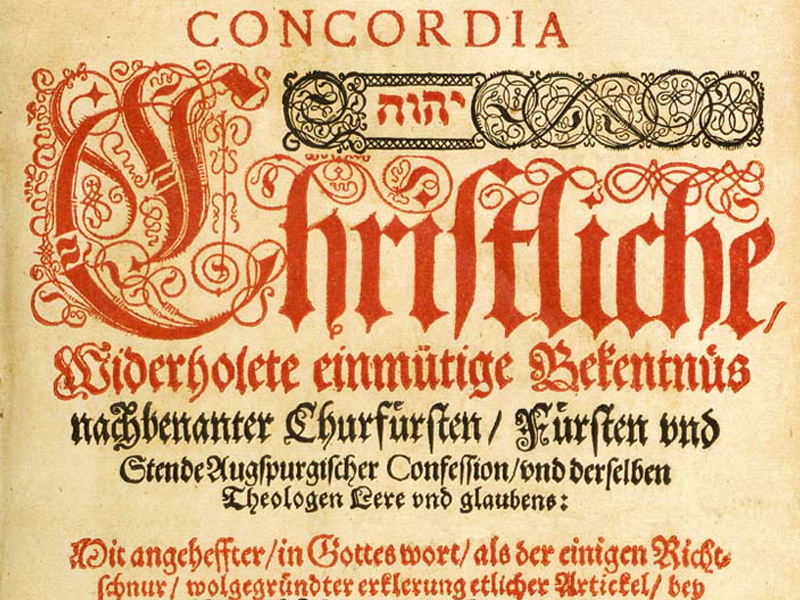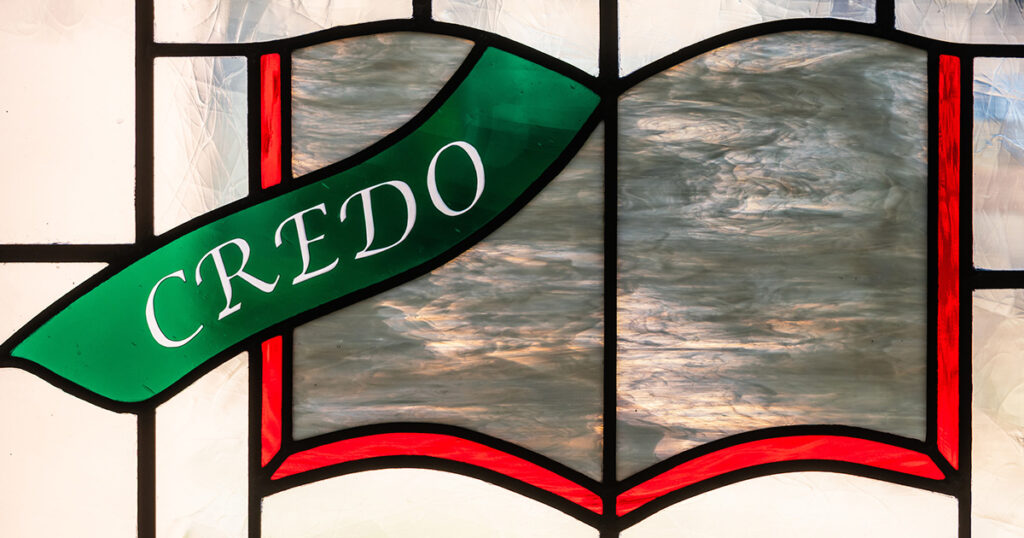
by Tim Pauls
The Association of Roman Catholic Women Priests (ARCWP) recently ordained Elizabeth Eltzroth as a Roman Catholic priest within the boundaries – and in defiance – of the Catholic Diocese of Charlotte, N.C. I’d like to highlight two quotes by Ms. Eltzroth:
“[Catholicism is] the most ancient tradition. It’s the tradition that we all look to. Everybody looks to what the pope and the Catholic leaders are doing.”
And, “It’s time for a change and we’re in the forefront, leading the charge. We expect that eventually everybody is going to follow us.”
What I’m hearing is this: “We respect this ancient tradition as long as it conforms to our agenda.”
Eltzroth hardly has a lock on the contradiction. You’ll find all sorts within Christendom who say, “I like Christianity, as long as it makes room for my personal objections to God’s Word.”
Beware: The temptation is sneaky. In his recent book on the Holy Trinity, Carl Beckwith warns that it’s common for people to formulate the identity of God by determining first what’s good in us, and then deciding that God must be that and more. So, for instance, if we say that love is a good thing, then we decide that God must be loving too – and far better at love than we are.
This is called a theology of glory, which determines who God is from what we can sense, not from what the Bible says. Many Christians are comfortable with the idea. We’re all guilty to some extent. Lest we get comfortable, I’ll pose this question: Is this approach really any different than the thought process of Eltzroth and the ARCWP? From the outside looking in, their argument seems to be, “Equality is important to us. Therefore, it must be even more important to God, so He must want us to ordain women.”
How are we to know God? If we take seriously what Scripture says about sinners, I recommend against saying, “God is like us, only better!” The Word is our source, of course, but even we types with “Sola Scriptura” bumper stickers can still fall prey: See, it’s natural to read that “God is love,” and immediately think, “I know what love is from my experience; so, God’s love is a bigger version of mine!” We’re right back to a theology of glory again.
As we learn of God from His Word, we ultimately must meet Him most where He appears to be God least of all: at the cross. Jesus Himself declares that to know Him is to know the Father (John 14:6, 9). As long as we’re vision-impaired sinners in this world, God makes Himself known to us chiefly in His Son’s death for our redemption. In other words, I know God is love, not because I have any similar love in myself, but because I see God dying for me. Until I see Him face to face, my understanding of His love is still woefully deficient; but yet, that love covers all my sins.
The Rev. Tim Pauls serves as pastor at Good Shepherd Lutheran Church, Boise, Idaho.






Any time we attempt to make God’s Word say what we want to hear, we sinners are at fault. The only answer is to accept God’s Word as Truth from Genesis to Revelations, knowing that it is exactly that God’s Word! He tells us “God is love”, we accept that and believe it.
Our human analysis is faulty. Jesus says only evil comes from the human heart at all times.
Place yourselves in God’s hands, trust in Him, and Him alone. “It is not that we have loved, but that God first loved us!”
Well put. Understood this in my heart, but could never verbalize it. We are all taught in school about quantitative decisions: ‘all Certain equal Us, but not all Ys are Xs’. We can only ascertain God’s majesty and nature from reading and accepting the Bible. What little we can attribute to Him via our own senses is pitiable at the least, criminally self centered at the worst.
Wow!! Thank you so much!!
You have touch on the very center of what is essentially wrong with much of the preaching and teaching in many our churches today. The Theology of Glory (with just a tinge of Liberation Theology) has permeated Christianity and even to some extent a large number of our own beloved LCMS congregations. Thanks for the insights.
We call it the theology of glory, but following Mark Lockwood in The Unholy Trinity can we also call it what it is, our sinful hearts violating the First Commandment?